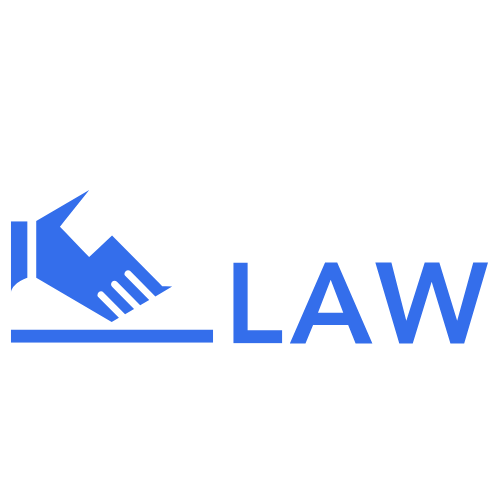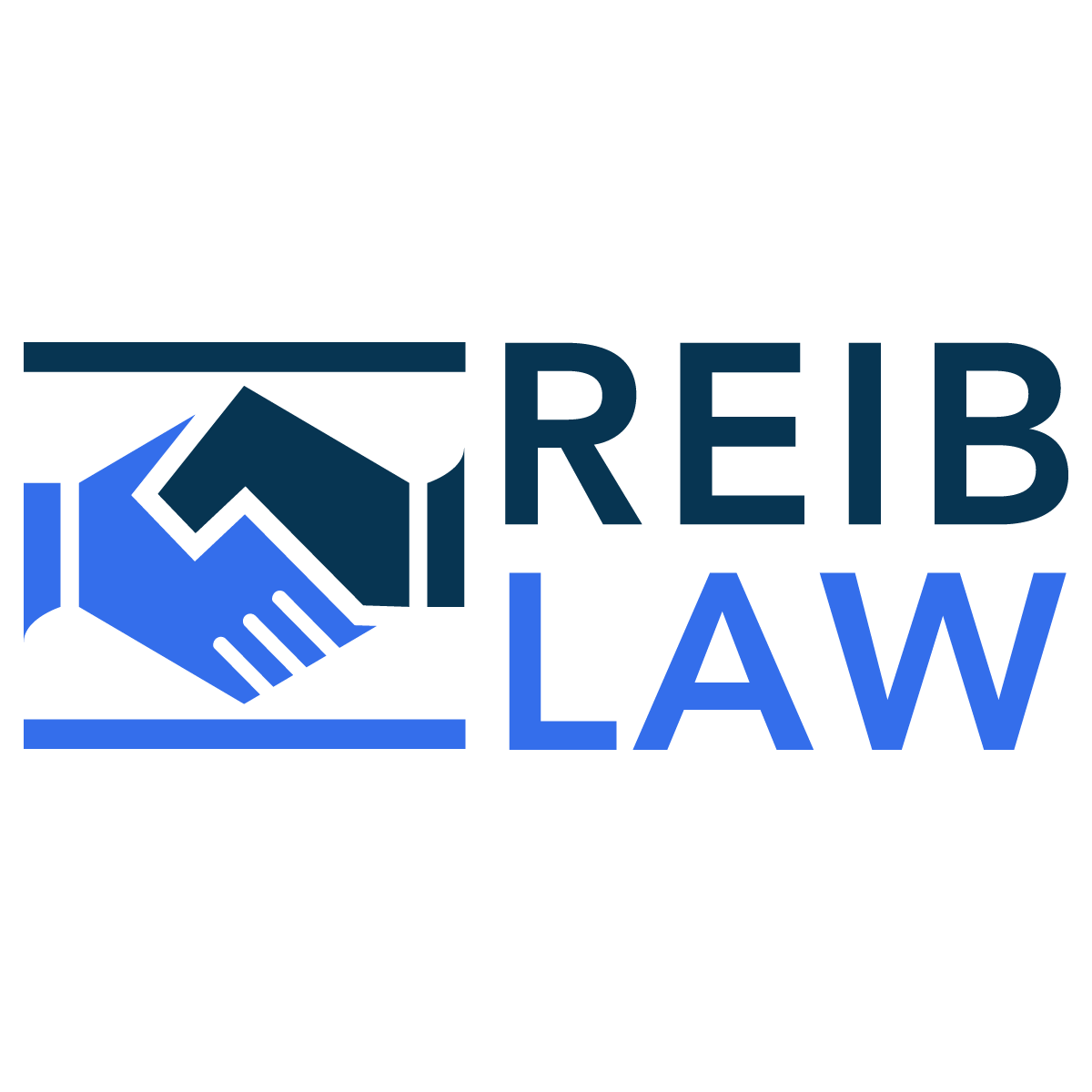How Do I Limit My Personal Liability as a Business Owner?
As a business owner, it is important to understand the potential risks and liabilities that come with running a business. One of the key concerns for many business owners is how to limit their personal liability in case of any legal issues or financial troubles. In this blog post, we will explore various strategies and options that business owners can consider to protect their personal assets and minimize their exposure to liability.
Understanding Personal Liability
What is personal liability?
Personal liability refers to the legal responsibility of an individual business owner for the debts, obligations, and liabilities of their business.
Examples of personal liability in a business context include personal assets being at risk in case of business debts, lawsuits, or legal disputes.
Limiting personal liability is important because it protects personal assets and reduces the risk of financial and legal consequences.
Risks of personal liability for business owners
Different business structures, such as sole proprietorships, partnerships, LLCs, and corporations, offer varying levels of personal liability protection.
Sole proprietorships and partnerships have higher personal liability implications as business owners are personally responsible for business debts.
LLCs and corporations offer limited personal liability, shielding personal assets from business debts and lawsuits.
Choosing the Right Business Structure
Sole proprietorship
Advantages:
Easy and inexpensive to set up.
Full control over business decisions.
Direct taxation – profits and losses are reported on the owner's personal tax return.
Disadvantages:
Unlimited personal liability – the owner is personally responsible for all business debts and liabilities.
Limited access to capital.
Limited expertise and resources.
Personal Liability Implications:
The owner is personally liable for all business debts and legal obligations.
Partnership
Advantages:
Shared decision-making and workload.
Easier access to capital and resources.
Profits and losses are passed through to individual partners and reported on their personal tax returns.
Disadvantages:
Unlimited personal liability for general partners.
Potential for conflicts and disagreements between partners.
Limited life of the partnership.
Personal Liability Implications:
General partners are personally liable for business debts and legal obligations.
Limited Liability Company (LLC)
Advantages:
Limited personal liability – owners' personal assets are protected from business debts and lawsuits.
Flexibility in management and taxation – can choose to be taxed as a partnership or corporation.
No restrictions on the number or type of owners (members).
Disadvantages:
More complex to set up and maintain compared to a sole proprietorship or partnership.
Depending on state regulations, some states may have additional fees and reporting requirements.
Personal Liability Implications:
Owners (members) have limited personal liability and are generally not personally responsible for business debts and legal obligations.
Corporation
Advantages:
Limited personal liability – shareholders' personal assets are generally protected from business debts and lawsuits.
Easier access to capital through the sale of stock.
Perpetual existence – the business can continue even if shareholders change.
Disadvantages:
More complex and costly to set up and maintain.
Double taxation – the corporation is taxed on its profits, and shareholders are taxed on their dividends.
Personal Liability Implications:
Shareholders have limited personal liability and are generally not personally responsible for business debts and legal obligations. However, officers and directors may have some personal liability in certain circumstances.
Insurance Coverage
General liability insurance
provides coverage for bodily injury, property damage, and personal injury claims against the business.
Professional liability insurance
essential for specific industries (e.g., lawyers, doctors) to protect against claims of professional negligence.
Product liability insurance
crucial for businesses selling products to cover claims related to product defects.
Contractual Protections
Importance of well-drafted contracts
Well-drafted contracts are essential for limiting personal liability.
Key provisions to include in contracts may involve indemnification clauses, dispute resolution mechanisms, and clear delineation of business and personal responsibilities.
Regularly reviewing and updating contracts ensures continued protection.
Asset Protection Strategies
Separating personal and business assets by maintaining separate accounts and records is crucial.
Trusts and estate planning can be utilized to protect personal assets, especially in complex financial situations.
Seeking advice from legal and financial professionals is essential when implementing asset protection strategies.
Conclusion
In conclusion, limiting personal liability as a business owner is crucial for protecting personal assets and minimizing legal and financial risks. By choosing the right business structure, obtaining appropriate insurance coverage, implementing contractual protections, and considering asset protection strategies, business owners can effectively safeguard their personal wealth. It is important to consult with legal and financial professionals to determine the best approach for individual circumstances.


